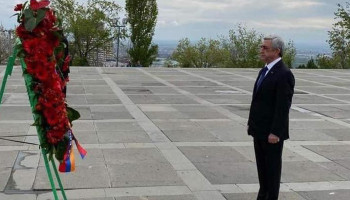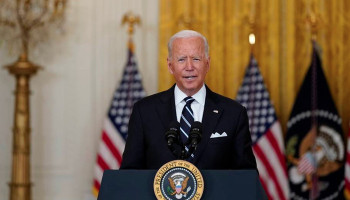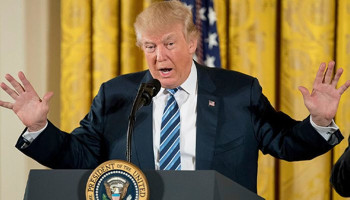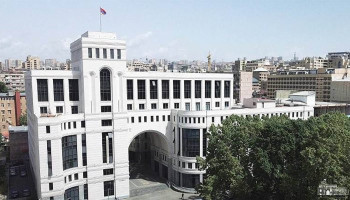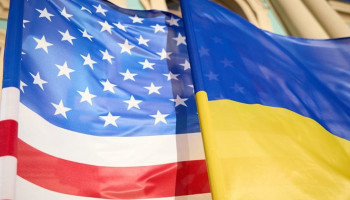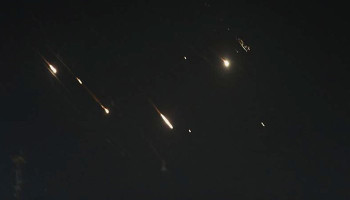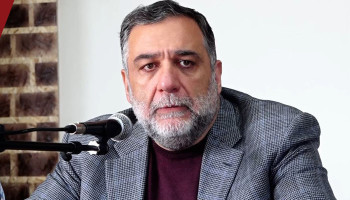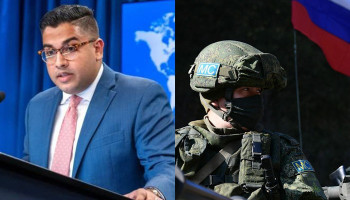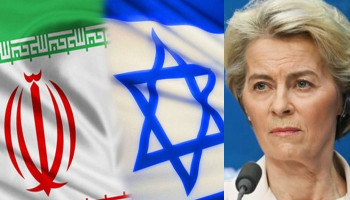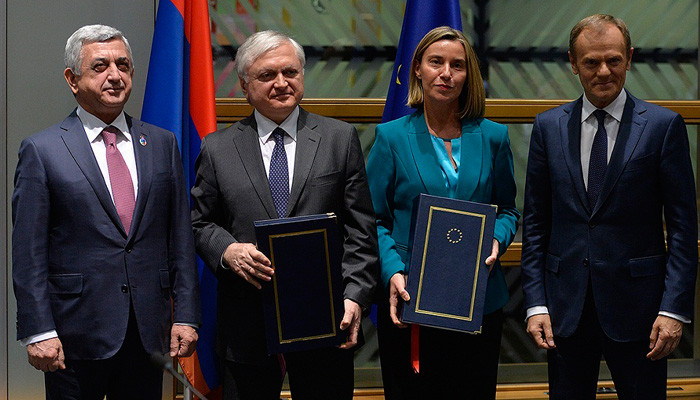
The RA authorities, pro-government forces and media regularly present the EU-Armenia Comprehensive and Enhanced Partnership Agreement as the victory of the “both…and” policy adopted by Armenia for so many years, i.e. as a success story of establishing balanced relations both with Eurasian and European parties. Nevertheless, “both…and” is not true for a number of different reasons.
Both democratic and autocratic
First of all, the “both…and” is impossible due to the principal differences between the European Union and the Eurasian Economic Union. In case of the EAEU, we deal with an economic union which regulates Armenia’s foreign trade with third parties, the import tariffs and a number of other crucial economic provisions, as a rule, not considering Armenia’s needs. Moreover, EAEU membership does not suppose large-scale reforms, strengthening of democracy, and etc. Moreover, after Armenia’s membership in this strange group of authoritarian countries, the democratic principles in Armenia are suffering a decline. The Constitution has been changed, the number of protestors detained during peaceful rallies has increased, there is a widespread political apathy. This decline is even observed by international research centers. Thus, the annual report published by the prestigious British research center “Economist Intelligence Unit” notes that Armenia was already an authoritarian system in 2016. The same organization considered Armenia a semi-authoritarian country in 2015.
On the other hand, the agreement with the EU is a road map for strengthening the relations and, most importantly, implementing voluntary democratic reforms by Armenia. In other words, integration with the EAEU and development of relations with the EU are essentially different phenomena, opposite poles since the same country cannot be authoritarian and democratic at the same time. In this context, there can only be “or…or”. Either Armenia should continue to copy the Belarusian, Russian and Kazakh governance models and establish close relations with this group of countries which do not have respect for human rights, or it should implement democratic reforms and establish really close ties with Europe because the EU principles are based on those values. The European Union is primarily based on democratic values, peace and human rights. Andit also shapes its foreign policy based on those values. Hence, strengthening the relations with the European Union presupposes formation of the culture of respect towards human rights and democracy in Armenia.
Official statements also reject the “both…and” policy
Official statements of the Armenian side also testify of the impossibility of the “and…and” approach. Thus, for instance, during the opening speech at parliamentary hearings on December 1, 2017, member of the Republican Party of Armenia Armen Ashotyan noted that they have invited “not only ambassadors of EU member states but also colleagues from the embassy of Armenia’s strategic partner Russia, embassies of the US, China and other EAEU member countries in order to ensure a more inclusive format of the hearings, thus ensuring the highest possible inclusive representation and discussion format”. With such statements, the RA authorities seem to justify the signing of the agreement with the EU. The expression “strategic partner” and the mentioning of the name of the Russian embassy separately from other EAEU member countries was the first justification voiced on behalf of the Republican Party. It was followed by the speech made by RA National Assembly Speaker Ara Babloyan: “We do not intend to build and strengthen those relations (with the EU) at the expense of the cooperation with another country or organization”. Such statements create the impression that Armenia feels obliged to regularly assure Moscow that it is not going to “betray” Russia. On the other hand, when introducing EAEU regulations or secretly signing the agreement with Moscow, the members of the Republican Party faction do not feel obliged to mention that those steps are not made at the expense of relations with the European Union.
In parallel to these hearings, National Assembly Deputy Speaker Armen Ashotyan noted during the meeting with the young delegates from Russia’s ruling “United Russia” Party, “Today’s international relations are not arranged on one line only, they are in the so called 3D format. And we are realizing the international relations based on a three-dimensional plane, by complementing Russian-Armenian relations with those with the EU”. It is interesting whether the EU is aware that its relations with Armenia are built in order to complement Russian-Armenian relations.
All the aforementioned statements prove that the Republican Party prioritizes the relations with Russia. And as long as relations with Russia are the priority of Armenia’s foreign policy, there can be no “both…and”. Thus, the “both…and” policy does not exist, there is only “first, Russia, then the EU” policy.
Anna Pambukhchyan,
“Union of Informed Citizens”












